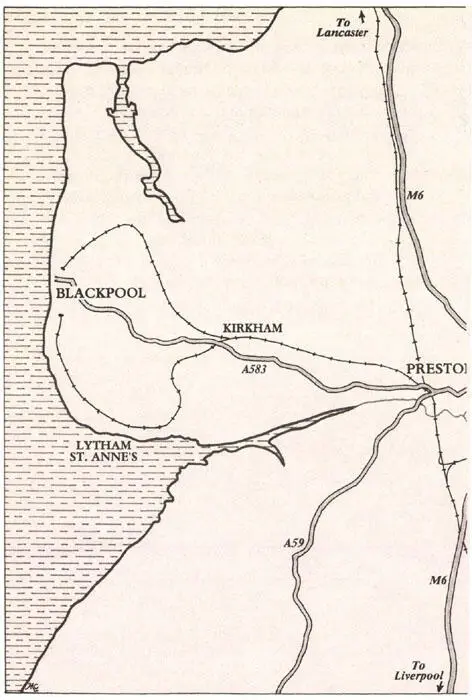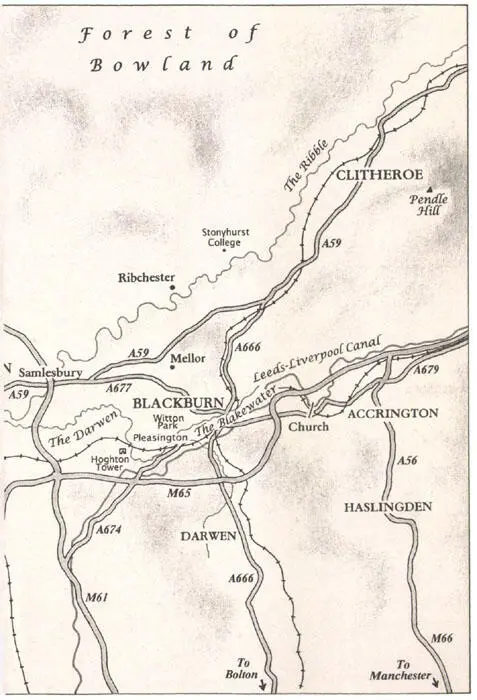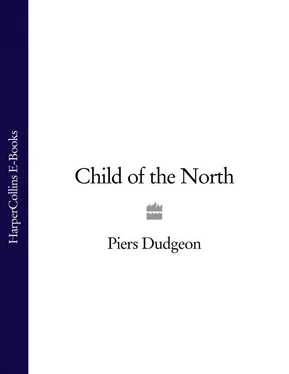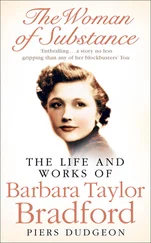Child of the North
Memories of a Northern Childhood
Piers Dudgeon with Josephine Cox

Cover Page
Title Page Child of the North Memories of a Northern Childhood Piers Dudgeon with Josephine Cox
FOREWORD by Josephine Cox
Maps
INTRODUCTION
CHAPTER ONE The Web of Life
CHAPTER TWO The Hungry Poor
CHAPTER THREE Stratagem and Strife
CHAPTER FOUR Betrayed
CHAPTER FIVE The Full, Vicious Circle
CHAPTER SIX Broken Hearts
CHAPTER SEVEN Leaving Home
CHAPTER EIGHT New Landscapes
Acknowledgements
About the Author
By the same author:
Novels by Josephine Cox
Copyright
About the Publisher
FOREWORD by Josephine Cox
I thought I knew all there was to know about the land of my birth. I now realise that I was wrong.
This wonderful, in-depth book, meticulously researched and written by Piers Dudgeon, has opened my eyes to a world I never really knew, with many places and events that were inevitably beyond my experience. My own private, precious little world was the backstreets of Blackburn town, and the magical Corporation Park, where I played out many childish dramas in my imagination.
Deprived and confined though my world was, it was never quiet or uneventful, and for all its inherent difficulties I would not want to change it. I could never deny my upbringing, because it is who I am; my roots are firmly embedded in those difficult, frustrating, wonderful days, when food was short and ‘nice’ clothes were what someone else wore.
It has been said that your childhood moulds and makes you the person you are, and I believe this is true. It’s why today, and for the rest of my life, I will never take things for granted. Each and every value and principle I nurture has sprung directly from my background. Added to that, it gave me the stories I write: stories of human beings, and emotions, and the knowledge that when life knocks you down, the only way back is to stand tall and straight and look it in the eye.
The whole of my childhood is like a moving picture in my mind. I loved every inch of the narrow cobbled streets. With their many pubs and churches, pawn shops and little houses, they throbbed with life. The square-headed, black-coated lamps quietly guarded the pavements by day and lit the way home for lovers and drunks of a night-time. The back-to-back houses with their tiny Coronation Street yards and outside cold, damp lavvies (situated in a discreet corner beside the midden hole) held many a naughty or dangerous secret behind the twitching net curtains. Secrets I carried into my adult life and which I now retell in my stories.
The people were warm and friendly, and every mother was mother to every child in the street, regardless of which house a child might live in. The men worked hard and the women bore the children, and life was hectic and noisy, and often violent.
Our own house bustled with children, but, thinking back, I was never really a child. That would have been far too easy. But children should be innocent, and as my Grandma Harrison would say, ‘be seen and not heard.’ That was not me. I watched and listened and learned.
My Blackburn was a wonderful place, with smoking chimneys that darkened the skies and mill whistles piercing the air, calling the folk to work. These ‘folk’ were ‘real’ flesh-and-blood people. A great number of the same kind of people remain to this day, though many of the familiar landmarks I knew have long since gone. There was a loud, colourful market where the men shouted their wares, and the women from the seaside would sell their shrimps and other shellfish from the depths of a wicker basket. The market was large and sprawling, with a splendid, sturdy clock that stood tall and proud in the centre and could be seen from one corner of the marketplace to the other. On a weekend evening, its large, smiling face looked down on the meeting of friends and sweethearts. No doubt it could have told many a tale, which we will never know because, sadly, some years later, the planners in their infinite ‘wisdom’ saw fit to demolish this wonderful landmark.
There were other memorable ‘landmarks’ in my young life. The Ragged School, ‘Founded in the Cause of Christian Love and Fellowship’ and ‘Opened by Mayor John Truman, July 15th, 1942’, where Christian people offered practical help and comfort to the children from poorer backgrounds than their own. There was the Cicely Bridge Mill, where I would go to meet our mam after school; and Nazareth House, where she would take us when things were not going so well financially. The nuns there were kind and generous, something I have never forgotten. There was the slaughter-house, near where, for some time, we lived – and the awful smell permeated the air day and night. This is one particular memory I would prefer to erase, but which, like the others, is stored in my soul for all time.
One other unforgettable incident happened on a chilly morning in February 1952. I was playing in the street, when suddenly everybody rushed out of their houses, some in tears and others eager to spread the shocking news that King George had died. The street went into mourning, as did the whole country, but to me and every other child it was something that affected only the adults. We looked and wondered, and cried when our parents cried, but being children we did not seem directly touched by this sad, historic event. And yet it is a day I will never forget, because of the emotion that swept through my little world and, for a time, carried me along.
Many years later, circumstances beyond my control carried me away from my beloved Blackburn, and in so doing brought me together with Ken, my sweetheart and subsequently my husband and friend.
It is well-known that my family means a great deal to me. In spite of my mam and dad going their different ways, I remain ever close to my sisters and the brothers it broke my heart to leave behind. I love them all now as I did then: without reservation.
I give my heartfelt thanks to Piers Dudgeon for his hard work and memorable account of the North of England in this book. I know he spent many hours driving about and walking the streets of Blackburn, researching wherever he could and chatting to anyone who had things to tell him. At the end of it, he has written a very special account of the way it was and some incidents of childhood. And though this is not my life story, it shows a glimpse of my early days, and I am proud to be part of it all.


Images from Blackburn in the 1940s and ‘50s propel us into a microcosmic world of Josephine Cox’s childhood: a red Oxo tin; a mangle roller; a long, narrow glass of sarsaparilla; an old wireless resting on a lace doily in the corner of the front room; the ubiquitous gas-lamp. People relate to Jo’s fictional world because it is ground out of a reality that she knew only too well in the first fourteen years of her life, and she clings to symbolic elements of it, such as sarsaparilla, a forerunner to Coca Cola, which is drunk by her characters relentlessly whether they are living in the 1950s or much later.
Читать дальше















